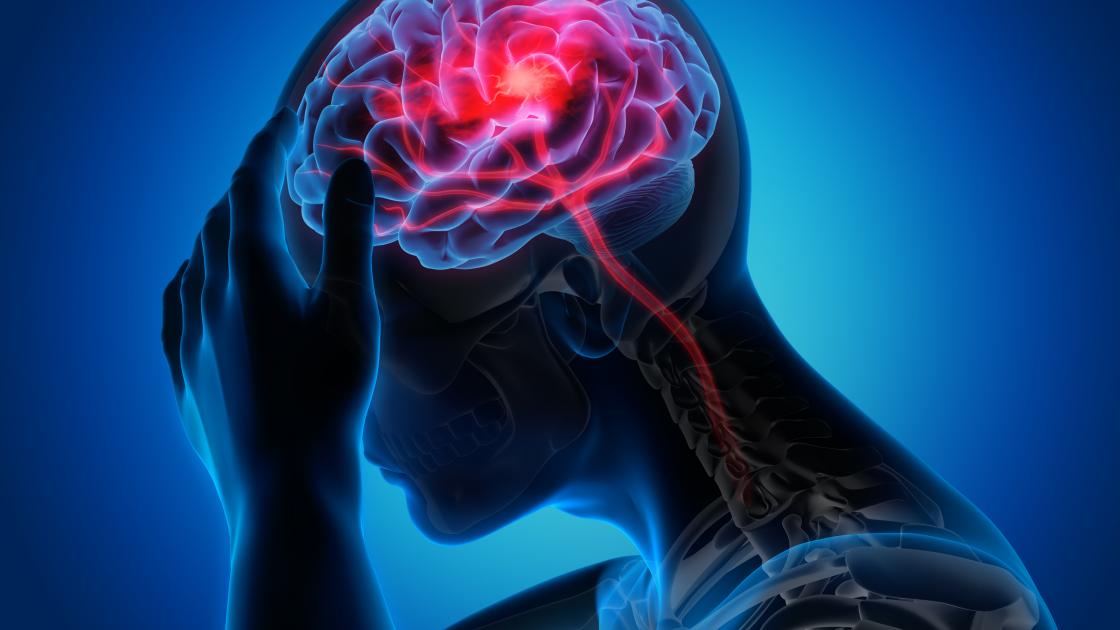
Do you know the signs and symptoms of a stroke?
A stroke is a medical emergency that causes a lack of blood flow to an area of the brain. According to the Centers for Disease Control and Prevention (CDC), someone in the United States has a stroke every 40 seconds, and someone dies of stroke every 4 minutes.
Doctors and researchers know that early diagnosis and treatment is associated with better outcomes in stroke. In other words, if you or someone you love experiences a stroke, the chances of having a better functional level are much greater if you receive medical attention sooner.
The best way you can increase the odds of better functional outcome and get medical attention as quickly as possible is to know the stroke warning signs and symptoms, which tend to come on suddenly. To help you remember, learn this mnemonic and make sure your loved ones know it, too: BE FAST.
Balance
A stroke can cause a person to suddenly lose their balance, have difficulty walking or become unusually uncoordinated.
Eyes (vision)
A stroke can cause a person to suddenly experience changes in their vision, including vision loss, blurry vision and other types of visual disturbances.
Face
A stroke can cause one side of a person's face to become paralyzed. You might be able to tell this by asking the person to smile, puff out their cheeks or raise their eyebrows. If they are having a stroke, one side of their face might start to droop.
Arm (and/or leg)
A stroke can cause a person to experience sudden numbness, tingling and/or weakness in one arm or leg. (Usually, when a person has a stroke on one side of the brain, motor and sensory symptoms will show up on the opposite side of the body.)
Some people might have difficulty with fine motor tasks like using a fork. One foot might begin to drag while they walk. If you ask a person to raise both arms, one arm might not lift as high.
Speech
A stroke can cause a person to suddenly experience difficulty speaking or understanding other people. They might slur their words, say things that don't make sense or not be able to speak at all. If you're concerned, try telling someone to repeat back a simple phrase like, "Today is Monday."
Other possible signs and symptoms of stroke include dizziness, a sudden severe headache and nausea or vomiting.
Time
The last letter in the BE FAST mnemonic T, means that if you notice any of the above sudden signs and symptoms, you should call 911 and seek medical attention right away. Remember, strokes are medical emergencies and can be life threatening, but we know that the sooner someone receives treatment, the better their chances for good function.
We are losing brain cells during a stroke and every minute counts; “Time is Brain”
Would you like to talk to someone about your stroke risk factors?
If you want to learn more about strokes and what you can do to prevent them, contact SIU Medicine today at 217-545-8000. We offer comprehensive support, education and treatment options for yourself and your loved ones.




